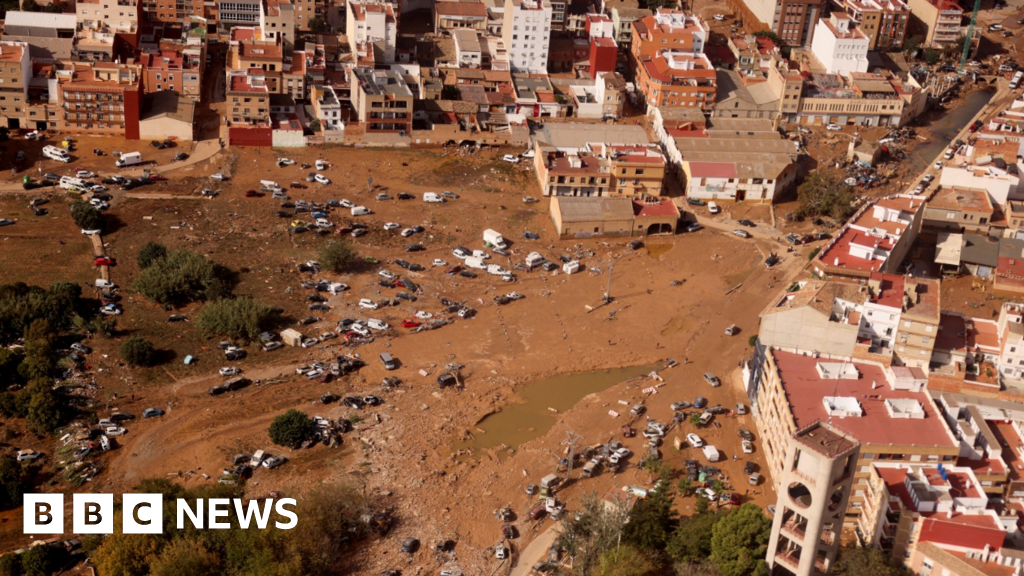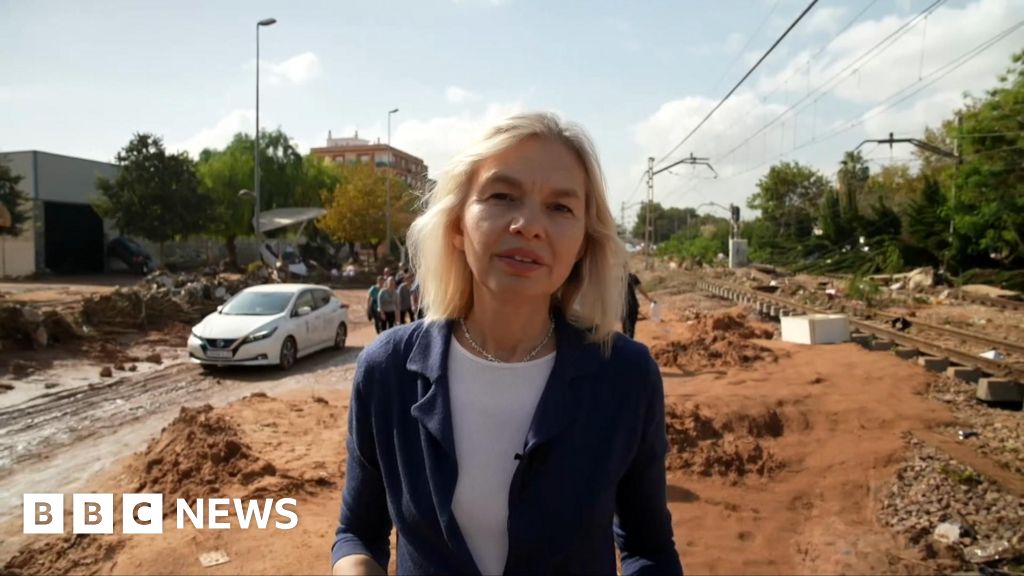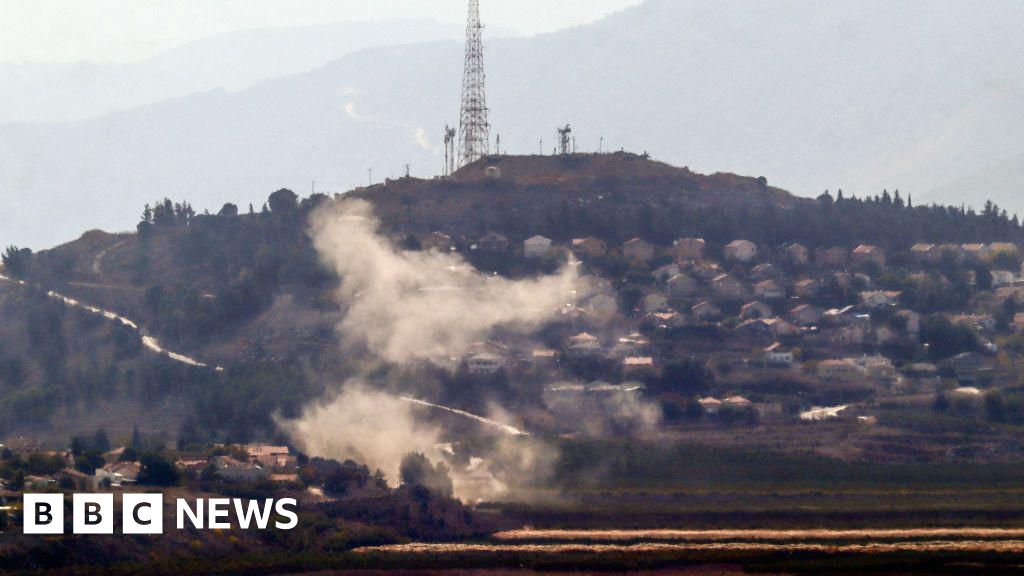ARTICLE AD BOX
Watch: Footage shows the wildfire forcing a Canadian city to evacuate.
By Nadine Yousif
BBC News, Toronto
Like many in Canada's Northwest Territories, Poul Osted has been relying on social media to keep in touch with loved ones as they scramble to evacuate from nearby wildfires.
But Mr Osted said he has been left frustrated by his inability to share news articles on Facebook during the active emergency situation, due to Meta's ban on news content for Canadian users.
"Instead we have to screenshot parts of a news story and post that as a picture," Mr Osted told the BBC.
"Oftentimes this means you don't get the whole story, or have to go searching the web for verification."
Mr Osted, who lives in the small hamlet of Fort Resolution, said this has affected his family members who were forced to flee Hay River, which is threatened by a wildfire is burning nearby.
"The state of the highway system is one example," he told the BBC via Facebook messenger.
Several people were inquiring on the platform whether it was safe to drive out of town but couldn't share that information on the social network.
Meta - which owns Facebook and Instagram - began blocking access to news for its Canadian users on 1 August, not long after Canada's parliament passed an online news bill that will require platforms like Google and Meta to negotiate deals with news publishers for content.
It has called the law "fundamentally flawed legislation that ignores the realities of how our platforms work".
As Meta rolls out the ban as part of its campaign against the legislation, a growing number of Canadian users have found themselves unable to view news shared by media organisations on its platforms.
They are also unable to view articles shared by friends, instead seeing a message that reads: "This content isn't available in Canada."
This has raised concern about people's access to information, especially during the wildfire evacuations.
"The timing could not have been worse for this," said Shawna Bruce, an instructor at the disaster and emergency management program at the Northern Alberta Institute of Technology.
About 77% of Canadians use Facebook, she said, and one in four of them rely on the platform as their primary source of news.
"I am wondering if we have a bit of an information void there because of this decision," Ms Bruce said.
In response to questions from the BBC, a Meta spokesperson declined to comment on the ban and its impact on evacuees.
The BBC has also reached out to the federal government, which passed the law, for comment.
Residents in Yellowknife, the territory's largest city with 20,000 people, have been ordered by officials to leave by Friday afternoon over fears a wildfire burning about 16 km (10 miles) could reach the city limits by the weekend.
Other towns in the Northwest Territories, including Hay River and Fort Smith, are also under evacuation orders.
Many evacuees have been using Facebook groups like NWT Wildfires Safety Check to mark themselves safe from the fires and to ask about updates.
Officials have also relied on Facebook to share evacuation information and updates on the fires directly to their official pages and websites.
"Some of them have really stepped up in the absence of not being able to use Facebook in a way they could before," Ms Bruce said.
Meta's restriction on news has forced other jurisdictions in Canada to rethink how they disseminate essential information.
Police in Manitoba, for example, told the Canadian Press earlier this summer that it will rely on direct posts through social media accounts to get news out to the public.
Nearly 240 wildfires are active across the Northwest Territories as of Thursday, part of what has been Canada's worst forest fire season on record.
More than 1,000 wildfires are burning across Canada, including in British Columbia and Quebec.
Experts have pointed to a warmer and drier spring than normal as the reason.
Scientists say climate change increases the risk of the hot, dry weather that is likely to fuel wildfires.

 1 year ago
14
1 year ago
14








 English (US)
English (US)